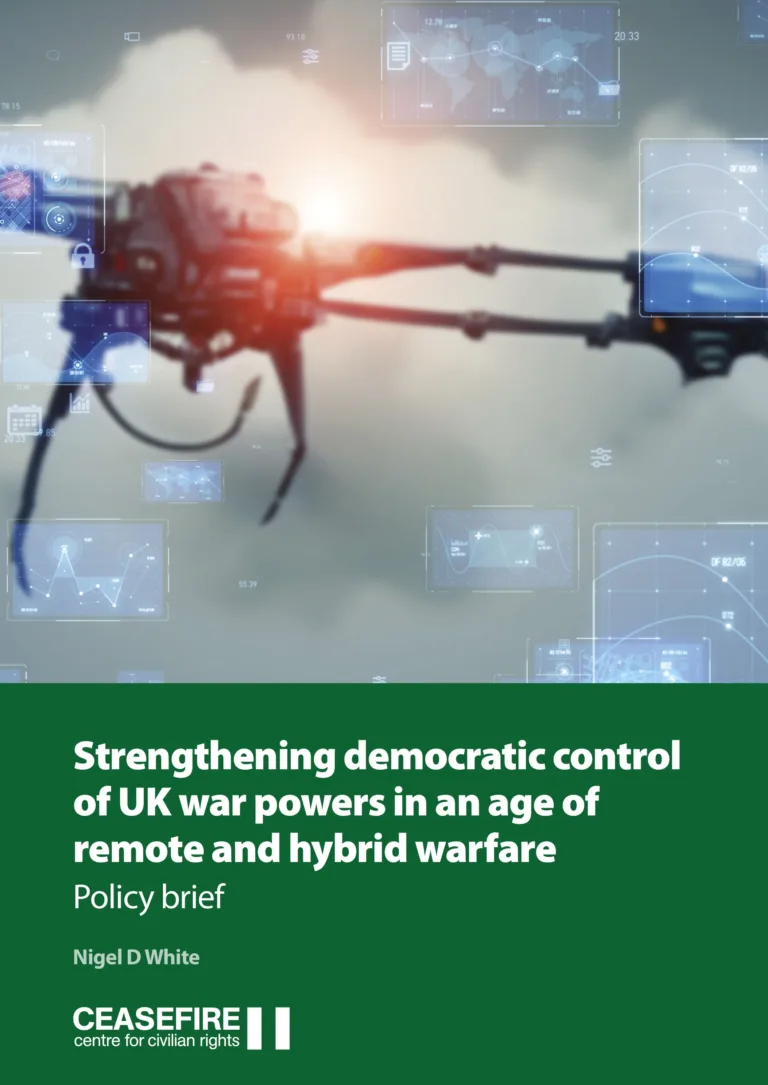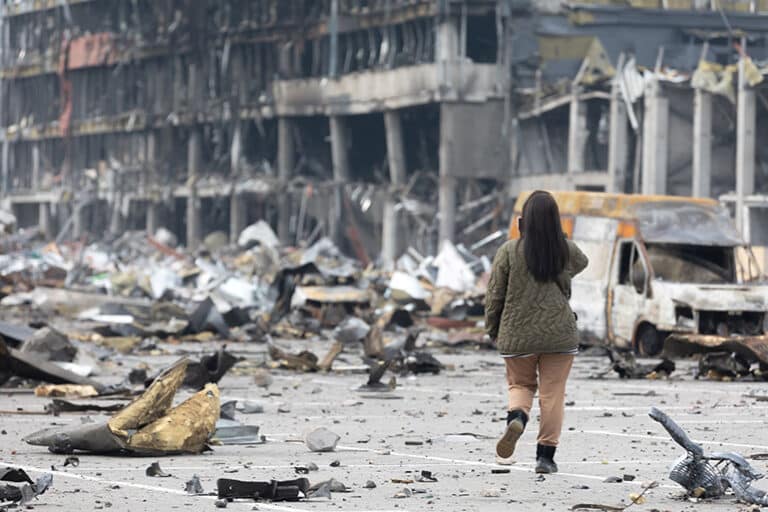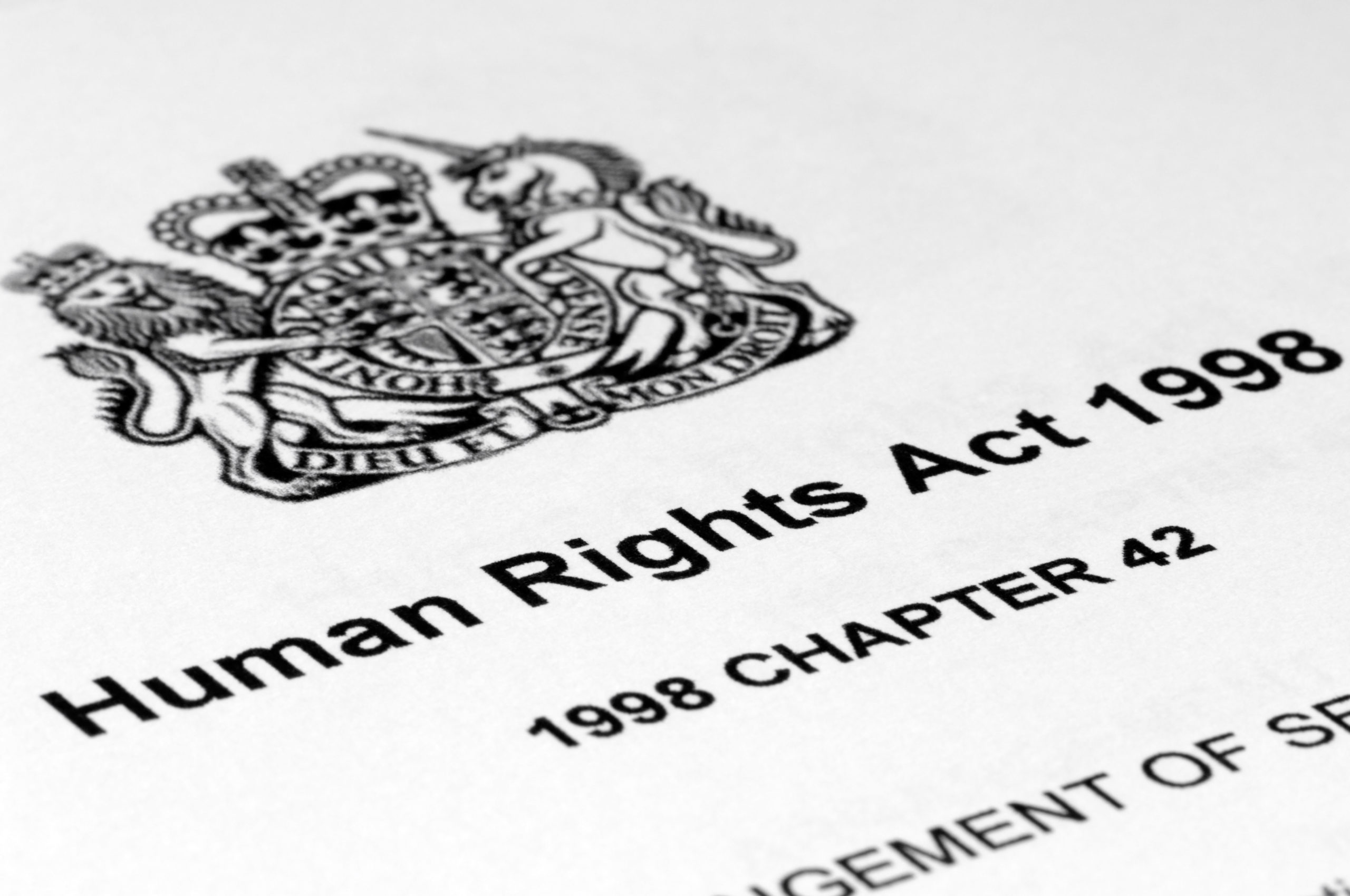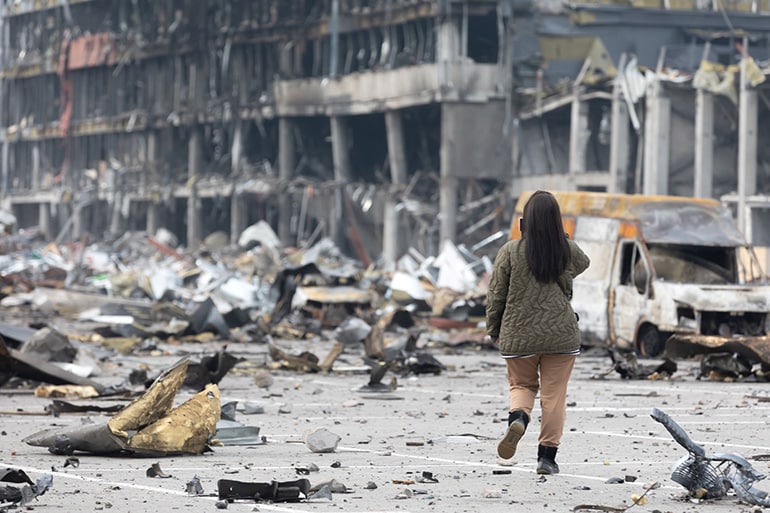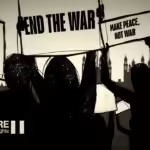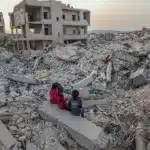
Escalating violations in Syria’s Afrin
A year after the region was hit by a devastating earthquake, the human rights situation in Afrin in Turkish-occupied Syria is deteriorating further, finds a new submission to the UN Commission of Inquiry on Syria by Ceasefire Centre for Civilian Rights and YASA Kurdish Center for Studies and Legal Consultancy.

